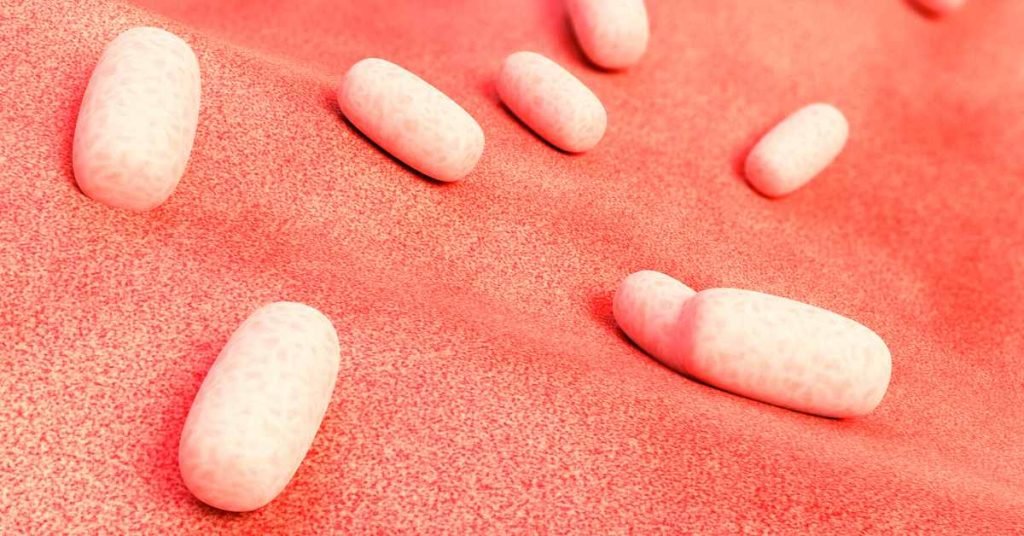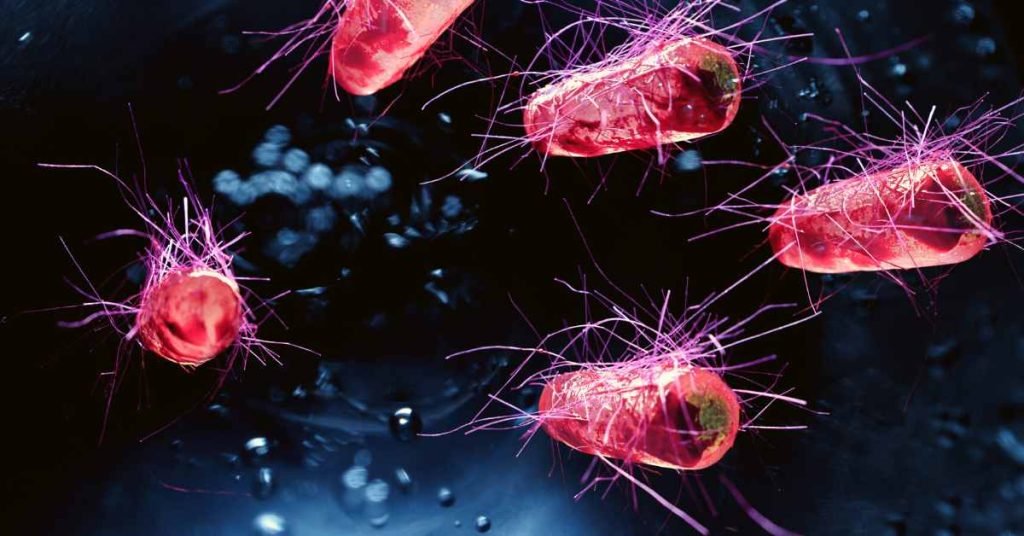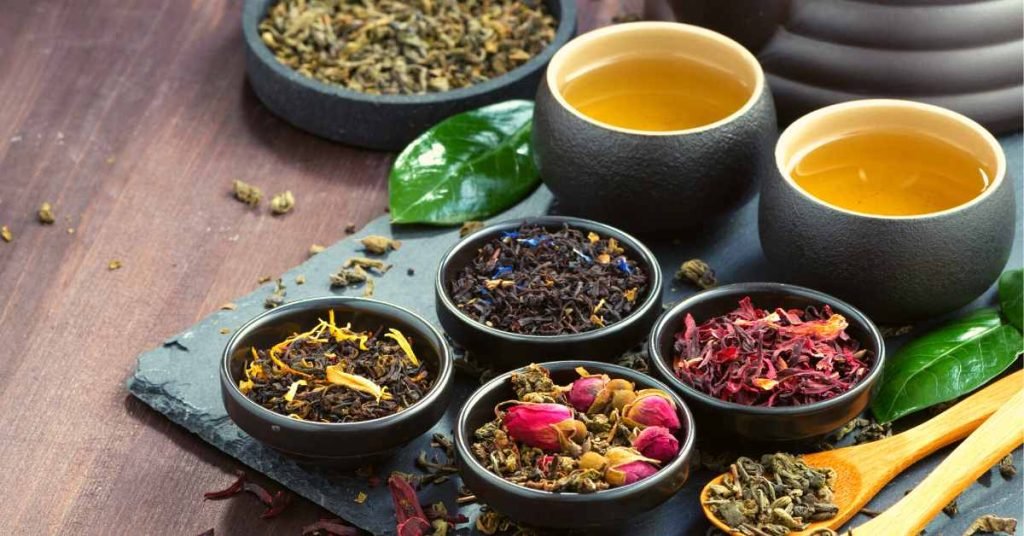Escherichia coli, commonly known as E. coli, is a type of bacteria that resides in the intestines of humans and animals.
While most strains of E. coli are harmless, some can cause illnesses ranging from mild digestive discomfort to severe infections.
The emergence of antibiotic-resistant strains has sparked interest in alternative and complementary approaches to managing E. coli-related issues.
One such avenue gaining attention is the potential role of tea in combating E. coli infections.
Tea’s Historical Significance and Therapeutic Properties

Tea has been a staple in human culture for centuries, celebrated not only for its diverse flavors but also for its perceived health benefits.
Traditional medicine systems, particularly in Asia, have long recognized the therapeutic properties of tea.
Today, scientific research is delving into the bioactive compounds present in tea leaves and their potential to combat bacterial infections, including those caused by E. coli.
Antimicrobial Properties of Tea
- Catechins in Green Tea: Green tea, rich in catechins, particularly epigallocatechin gallate (EGCG), has demonstrated potent antimicrobial properties. Studies suggest that EGCG may disrupt the cell membranes of bacteria, including E. coli, leading to inhibition of bacterial growth.
- Polyphenols in Black Tea: Black tea, fermented and oxidized, contains polyphenols that exhibit antimicrobial and anti-adhesive properties. These compounds may interfere with the ability of bacteria to adhere to the intestinal lining, potentially reducing the risk of infection.
Immune Modulation

- Tea and Immune Function: Certain compounds in tea, such as theanine and catechins, have been studied for their immunomodulatory effects. Strengthening the immune system can play a crucial role in the body’s defense against bacterial infections, including those caused by E. coli.
- Epigenetic Effects: Some research suggests that tea consumption may have epigenetic effects, influencing the expression of genes related to immune function. This modulation could contribute to the body’s ability to fend off bacterial invaders.
Digestive Health and Tea
- Probiotic Support: Tea, particularly fermented varieties like kombucha, may contain probiotic bacteria that support a healthy gut microbiome. A balanced gut microbiota is integral to digestive health and can play a role in preventing bacterial overgrowth, including that of harmful bacteria like E. coli.
- Anti-Inflammatory Properties: Chronic inflammation in the gut can create an environment conducive to bacterial infections. Tea, with its anti-inflammatory properties, may help in maintaining a balanced and healthy gut environment.
Practical Considerations
- Hydration and Detoxification: Proper hydration is essential for overall health, and certain teas, like herbal infusions, contribute to daily fluid intake. Moreover, the diuretic properties of some teas may aid in detoxification, potentially helping the body eliminate harmful bacteria.
- Caffeine Content: While moderate caffeine intake is generally well-tolerated, individuals sensitive to caffeine should be mindful of their tea choices. Decaffeinated options are widely available for those looking to limit caffeine intake.
Final Word

Tea, with its rich history and diverse array of bioactive compounds, presents itself as a promising adjunctive measure in the management of E. coli-related issues.
While tea should not be considered a sole treatment for bacterial infections, incorporating it into a well-rounded approach to health, including proper hygiene, a balanced diet, and medical guidance, may offer additional support.
As scientific exploration continues, tea stands out not only as a beverage for enjoyment but as a potential ally in promoting a healthy internal environment that wards off bacterial threats, contributing to overall well-being.
MEDICAL DISCLAIMER
Itsnevernotteatime.com cannot and does not contain medical/health advice. The medical/health information is provided for general and educational purposes only and is not a substitute for professional advice.




